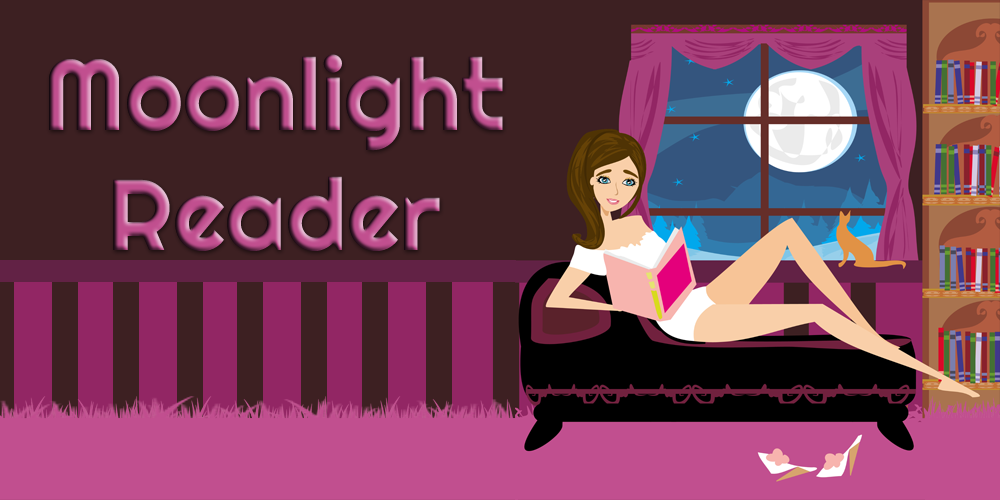I have heard other authors say that they ‘hear voices in their head’ and that is how they write their books: the characters are telling their stories. Not being a writer myself, that concept has always intrigued me.
When some people hear voices, we get them medical attention, others end up becoming writers. Does this happen to you? How do you come up with your stories?
I started writing in an attempt to gain control over some part of my life, because most of it was wrapped up in red tape from the building department at City Hall. You can’t tell building permit issuers what to do, they won’t listen. I needed my characters so that I could tell someone exactly what to do, and they’d do it. While I pretended at control in a delusional act of self-preservation, my characters ended up telling me exactly what they were going to do and I’d better not try to stop them.
I’ve heard other writers describe this, but I was still completely astonished when my fingers seemed to be typing of their own volition. My daughter heard me gasp as I stared at something I’d just written and wanted to know what was wrong. “You won’t believe what Charlie just did!” was my answer. True story. I found that dialogue became easier as I went along, because what came out was them “talking in my head.” Not as if they were beaming in from outer space and I needed to wear a tin foil helmet to stop the mind control, that would be crazy. I would imagine the character, as though I was in conversation with them, and watch their face and body language. And then they would speak and I would write down what they said. That’s not mind control, not at all.
Thanks for inviting me to your blog.
About the Author:
Deborah Rix’s favorite position for reading a book is head almost hanging off the couch and feet up in the air with legs against the back of the couch. She’s been reading too much from Scientific American for research and ideas and needs to get back to some fiction. She has a long standing love of science fiction, some of her favorite authors include William Gibson, Philip K Dick, Kurt Vonnegut Jr, Douglas Adams, Iain M Banks. A bit old school.
Deborah enjoyed a successful career in entertainment publicity, live music promotion and event management. Which means she slogged through muddy fields for music festivals, was crammed into concert halls with too many sweaty teenage boys and got to go to Tuktoyaktuk (that’s in the Arctic Circle) for a Metallica concert. She lives with her family in Toronto, Canada, where she is the proprietor of The Lucky Penny, a neighborhood joint in Trinity-Bellwoods.
External Forces is her first novel.
Visit her website at www.DeborahRix.com.
Connect & Socialize with Deborah!
TWITTER | FACEBOOK | GOODREADS| YOUTUBE
About the Book:
 Treason, betrayal, and heartbreak.
Treason, betrayal, and heartbreak.
A lot can happen to a girl between her first kiss and her first kill.
It’s 100 years since the Genetic Integrity Act was passed and America closed its borders to prevent genetic contamination. Now only the enemy, dysgenic Deviants, remain beyond the heavily guarded border. The Department of Evolution carefully guides the creation of each generation and deviations from the divine plan are not permitted.
When 16-year-old Jess begins to show signs of deviance she enlists in the Special Forces, with her best friend Jay, in a desperate bid to evade detection by the Devotees. Jess is good with data, not so good with a knife. So when the handsome and secretive Sergeant Matt Anderson selects her for his Black Ops squad, Jess is determined to figure out why.
As her deviance continues to change her, Jess is forced to decide who to trust with her deadly secret. Jess needs to know what’s really out there, in the Deviant wasteland over the border, if she has any hope of making it to her 17th birthday. Because if the enemy doesn’t kill her first, the Department of Evolution probably will.
Purchase External Forces from Amazon
Discuss this book in our PUYB Virtual Book Club at Goodreads by clicking HERE.
GIVEAWAY
GRAND PRIZE: Winner will have a minor character named after them in Acceleration, the second book in The Laws of Motion Trilogy by Deborah Rix. PLUS: 1 (One) WakaWaka Power – a solar powered charger and light, 1 (one) Limited Edition EXTERNAL FORCES Black Ops Beanie, and 1 (one) signed copy of External Forces.
The fine print: Grand Prize winner will have a minor character named after them in the forthcoming book, Acceleration. The winner can choose a name other their own as long as it is mutually agreeable with the Author, Deborah Rix. That means nothing obscene, stupid or ridiculous, as decided at the sole discretion of the author. Winner agrees that the gender, race, physical description, sexual orientation or any other characteristics of the character are at the sole discretion of the author. Winner agrees that the character may suffer some sort of gruesome downfall or may be a heroic figure in the story, it is at the sole discretion of the author what the role of the character will be and to what extent the character will be part of the story. The author assures the winner that it will be a real character in the story and part of a sub-plot or major plot.
Terms & Conditions:
- By entering the giveaway, you are confirming you are at least 18 years old.
- One winner will be chosen via Rafflecopter to receive the Accelerate Your Power Grand Prize.
- This giveaway begins November 4 and ends January 31.
- Winner will be contacted via email on Monday, February 3, 2013.
- Winner has 48 hours to reply.
Good luck everyone!
ENTER TO WIN!
****All images and text were provided by Pump Up Your Book****










